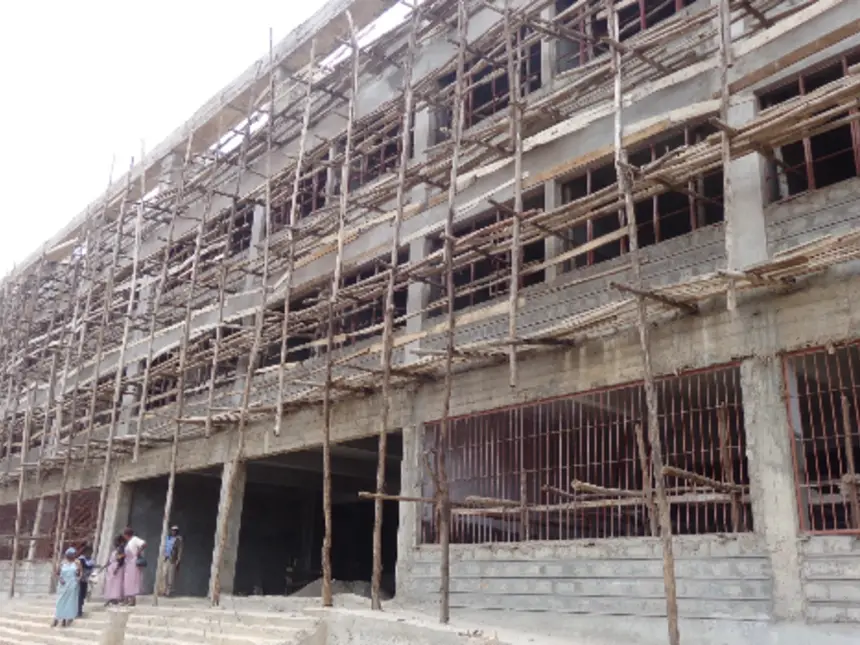Constructions works on Africa’s biggest Aids drug factory in Kenya has commenced and is being developed under a partnership between the government and the Global Fund and local drug manufacturers at cost of US $100m.
County’s Medical Director Jackson Kioko confirmed the reports and said the facility is aimed at reducing the reliance of almost half of the continent’s countries on European imports and will dramatically reduce Kenya’s spending on its Aids epidemic.
“The drug facility will cut our annual government budget from US $377m to a reasonable amount that we spend treating HIV/Aids and will also put about 300,000 people under treatment. In addition, we will supply to other African countries, especially our regional neighbours,” said Mr Kioko.
Also Read:Uganda launches construction of Quality Control Laboratory
AIDS Drug Factory
The development scheduled to open later this year upon its completion will be able to produce and supply drugs to 23 African countries. It will also manufacture drugs to fight malaria and tuberculosis. Most of the drugs will be under patent from European parent companies, including GlaxoSmithKline.
Kioko said the new production will also help to tackle the problem of counterfeit drugs. Kenyan police have recently made a number of arrests involving Chinese criminal cartels running fake antiretrovirals.
“There is an increase of fake drugs in the market that have resulted in several cases of drug resistance to the Aids virus as a result of misuse. The fake drugs are supplied by unregistered or fake medical personnel. They convince desperate people to stop antiretroviral therapy and use their alternative products in unrealistic promises of a cure from their ailment,” said Kioko.
Roughly 1.5 million Kenyans are living with HIV, about a million of whom are currently having antiretroviral treatment. The number of new HIV infections has been growing annually by more than 44,000 people. An estimated 90% of antiretrovirals are imported, mostly from Europe and India.
